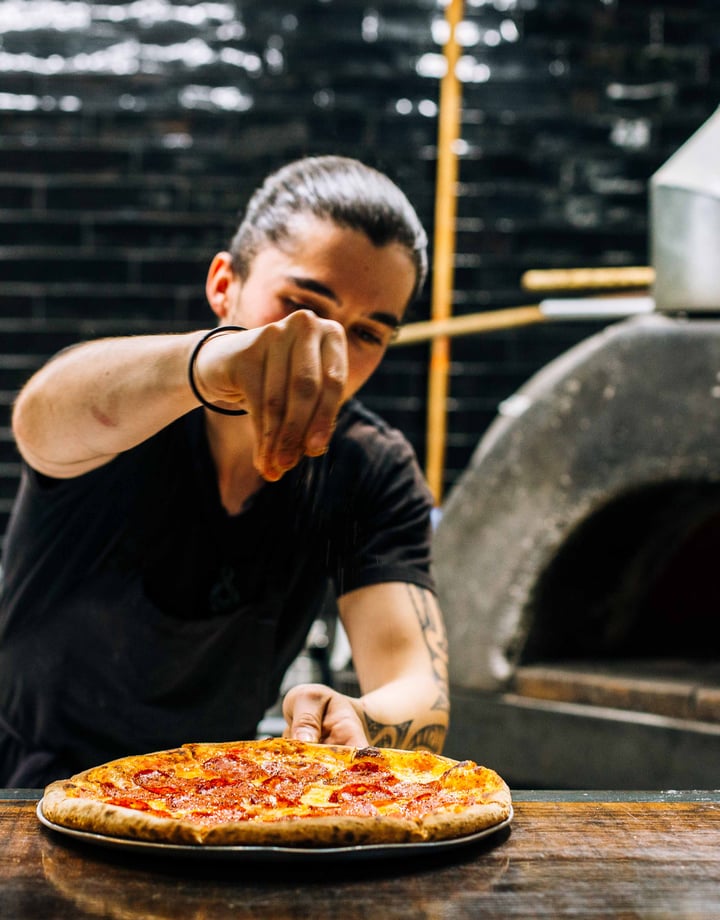Te Manawa
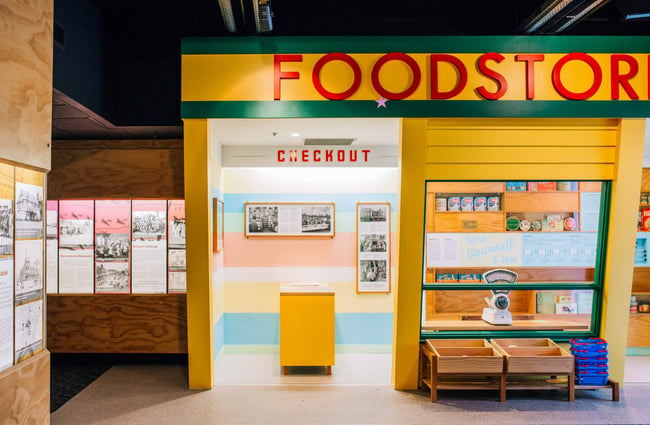
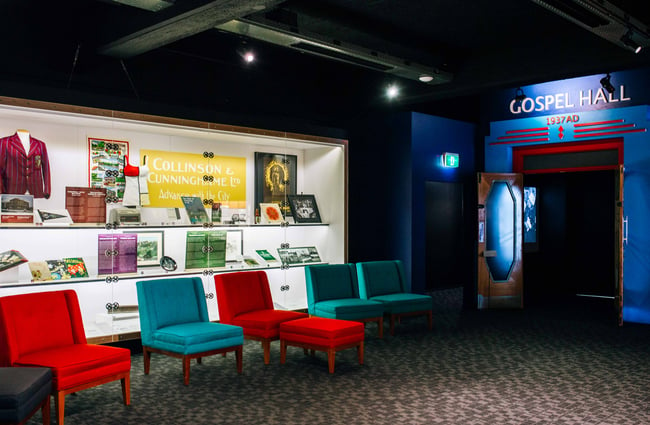
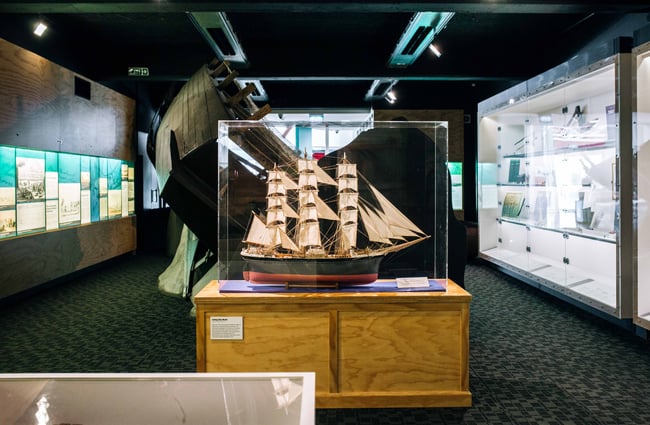
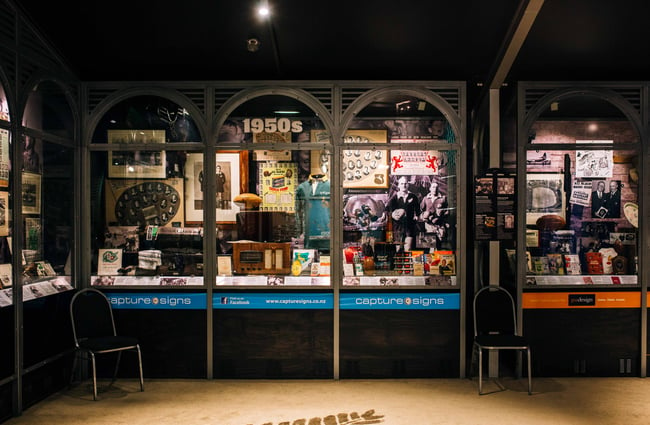
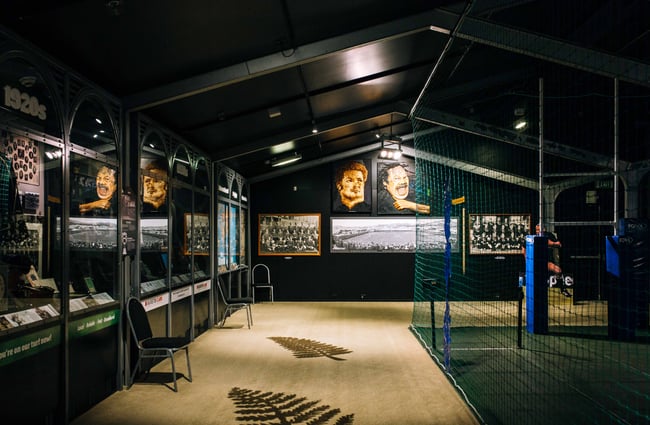
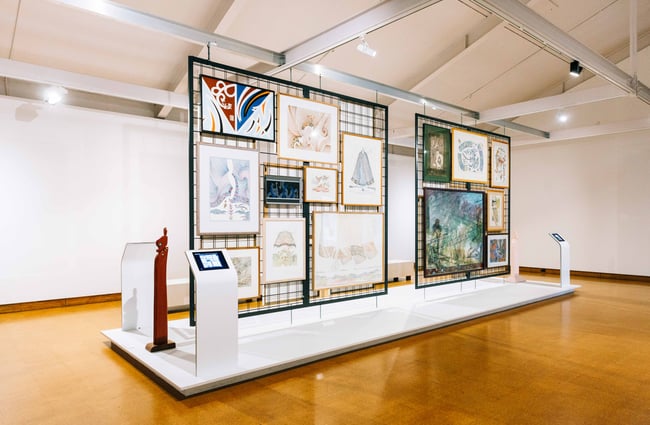
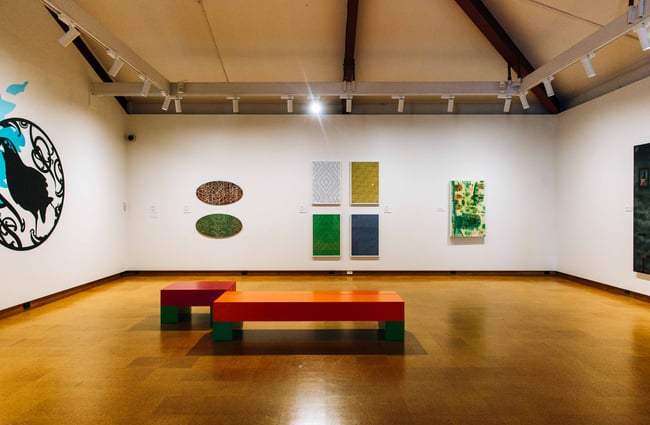
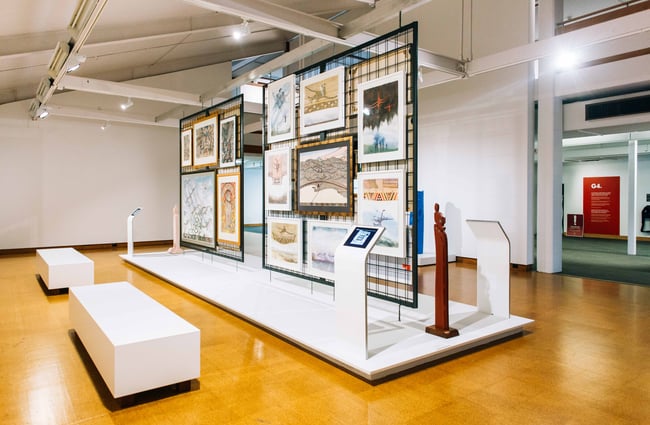
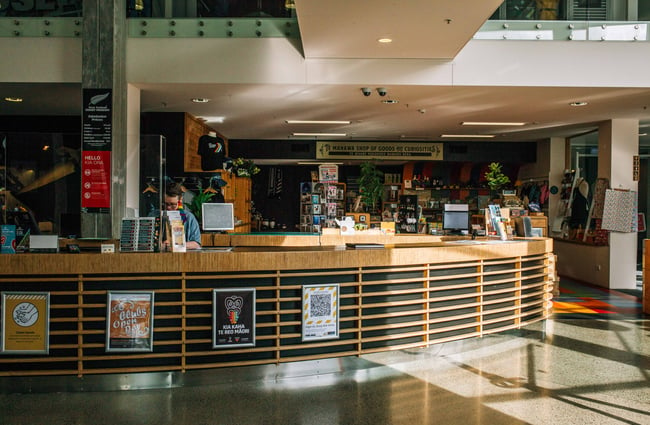
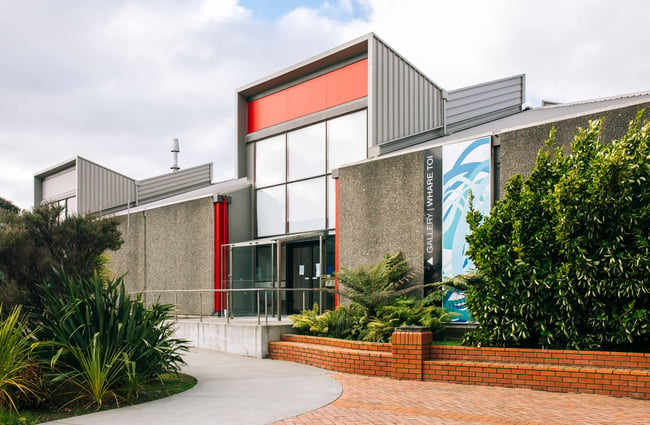
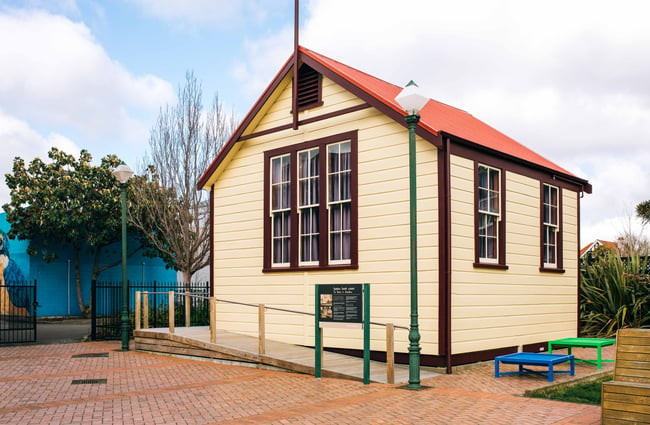
Monday10:00 am – 5:00 pm.
Tuesday10:00 am – 5:00 pm.
Wednesday10:00 am – 5:00 pm.
Thursday10:00 am – 5:00 pm.
Friday10:00 am – 5:00 pm.
Saturday10:00 am – 5:00 pm.
Sunday10:00 am – 5:00 pm.
With this broad and varied approach, Te Manawa pushes the boundaries of what a museum really is, with inventive exhibitions, community programming and approachable spaces.
About 140,000 visitors pass through Te Manawa every year. With so much on offer, there's something for all ages and stages. The largest permanent gallery, Te Rangi Whenua, documents the stories of the region’s iwi and paints a picture of the heritage of which we are all caretakers. Manawatū Journeys, meanwhile, documents the people that, over time, have journeyed to the region and made it their home.
In Te Awa (The River), you’ll learn about how the city and the land around it have truly been shaped by the Manawatū river. Learn about the native wildlife that inhabits its banks, the water cycle and the issues faced by freshwater systems like this one. The cave, found within Te Awa, brings the outdoors in and is fun for all ages to investigate.
The Tamariki (Children) section is divided into different rooms of a ‘house’ and lets kids explore at their own pace. Whare Toi (Art Gallery) is another permanent exhibition at Te Manawa and showcases art history in the region with sculpture, painting and photography. Permanent pieces are complemented by touring shows that bring some of New Zealand’s best contemporary artworks to Palmerston North.
Last but not least, are Te Manawa’s heritage buildings. The Totaranui Cottage and Te Awahou School house can be opened on request and give visitors a glimpse into the region’s past. Upstairs at Te Manawa, you’ll also find The New Zealand Rugby Museum which celebrates the nation’s sporting pastime with a variety of displays and stories. Test your mettle in the ‘have a go’ area. You might not do as well in the scrum as you’d have thought!
What we’ve mentioned here, however, are only Te Manawa’s permanent exhibitions. This special museum doesn’t stop there. Seasonal exhibitions and event programming add another layer of excitement. There are, for example, over 20 temporary art exhibitions per year as well as community art pop ups. Events at Te Manawa have included drag bingo, behind the scenes tours, open art classes and the annual Santa’s Cave exhibition from November to January. Be sure to check the website to see what’s on.
Words by Olivia Sisson & Photography by Anna Briggs
Information not correct? Report an error
Location
326 Main Street, Palmerston North Central, Palmerston North
Nearby Places
Cyclista Espresso Bar and Roastery
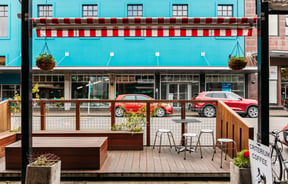
Get on your bike - this Palmerston North café is not one to be missed, whether you’re a keen cyclist, a coffee aficionado, or a bit of both.
Georgie Girl
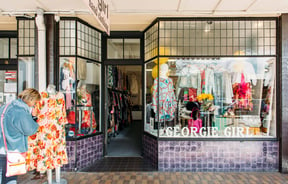
Nestled in the heart of George Street for over a decade, Georgie Girl is a boutique womenswear store selling preloved designer and vintage clothing.
Café Cuba
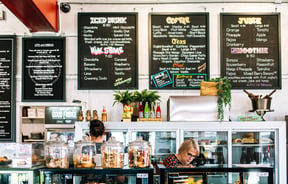
Located on (you guessed it) Cuba Street, Café Cuba is one of Palmerston’s most popular and long standing cafés and eateries. There’s something for everyone here and the cabinet alone is enough to entice even the most conscientious eaters.
Alchemy and I
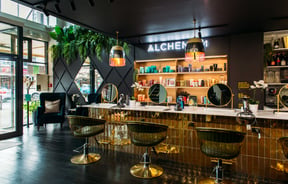
The last few years have been a dream come true for Haylee Benton, who has long dreamed of taking ordinary hair and beauty experiences and making them extraordinary.
Similar Places
Zimmerman Art Gallery
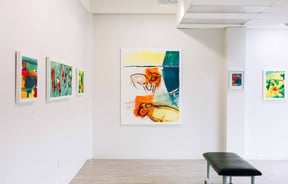
When Bronwyn Zimmerman opened Zimmerman Art Gallery in 2010 her goal was to create greater public access to art in the Manawatū. “Art shouldn’t be hidden away or be behind some foreboding wall” she said. As a result this gallery is approachable, open, free and downright fun to visit.
Square Edge
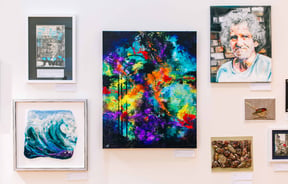
Square Edge is a complete celebration of Palmerston North's community and its people. Come experience this truly creative village for yourself.
He Ara Kotahi Bridge & Pathway
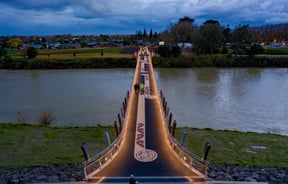
Get some fresh air at He Ara Kotahi bridge and walkway. The name means ‘a pathway that brings people together’, but you’ll find that this outdoor space does much more than that.
Snail’s Artist Run Space
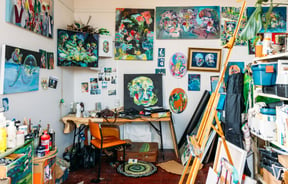
If you’re seeking the creative heart of Palmerston North, just look for the snail.

